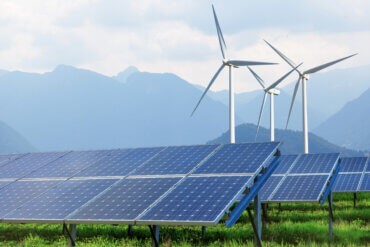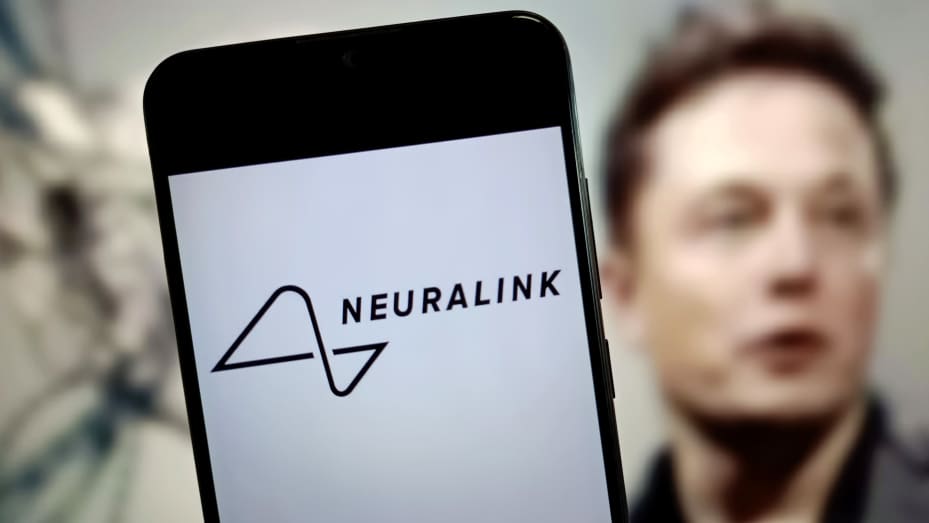President Cyril Ramaphosa has turned the attentions of his government to the issue of climate change. The President is now looking to municipalities that are “in the driving seat” to lead South Africa’s decarbonization. In a speech on Monday the president highlighted that the national effort against climate change must not come at a higher cost to electricity users. The president went on to say “South African households, like many around the world, are battling and reeling from the rising cost of living, including the costs of energy,”. Ramaphosa was delivering his keynote address to open the inaugural municipal just energy transition conference in Midrand.
“You just need to open overseas newspapers and you will find that people are raising issues about the costs of energy in many countries. We must therefore ensure that the energy transition does not contribute to energy poverty,” he said, adding that it must not deepen the inequality that is “so rife and so much a part of the life of our people”.
These comments are on the back of an alleged proposal by power utility Eskom to hike tariffs by about 40% for the next year. Ramaphosa noted that, while the free basic electricity subsidy for indigent households is one of the most important policies the government has implemented to tackle poverty, it is “not being used to good effect” in a number of municipalities. “It will be important to sustain and expand this support during the just energy transition and ensure that many poor households benefit from the subsidy,” he said.
So, President Ramaphosa takes his time to read overseas newspapers to find out what is the public reaction abroad. This is good and will make him weary of public perceptions at home. Ramaphosa is looking to ensure that the country has a just energy transition. This means that he is looking at the options to make cleaner energy cheaper to the wider public. In the Government of National Unity (GNU) Ramaphosa would have the support of the Democratic Alliance (DA) which being a neo-liberal party on the right wing of the spectrum will support the transition to environmentally friendly energy sources. These can be solar, wind or hydro. The key problem is transferring the energy to poor households as stated above. With the ongoing complication of inflation, the government should focus on ensuring that cleaner energy should be made cheaper (subsidised). South Africa is known to have plenty of sun (solar) and wind in store.
The energy subsidy being implemented is a stepping stone in the right direction. It just needs the proper implementation.
Rapid, sustainable and inclusive economic growth is the priority of the government of national unity and low-carbon, climate-resilient development is central to achieving this inclusive growth. This presents the country “with a challenge but a great opportunity”, the president said. “Electricity generated from fossil fuels accounts for most of our country’s carbon emissions because industry is still mainly reliant on power that is produced by Eskom’s coal-fired power stations; our entire economy is therefore carbon-intensive. “As the world changes, and it is changing, our reliance on fossil fuels to industrialise poses a significant risk for our country. It poses threats to our economy, our society and our environment if we do not drive the energy transition in ways that are appropriate to our national and local circumstances,” Ramaphosa added.
When the President is talking about carbon emissions, he is referring to the release of green house gasses into the atmosphere. These are carbon dioxide which is released from fossil fuels such as coal and oil when burned. Carbon dioxide or C2O traps in heat from the sun, warming the planet, melting the ice caps and changing the weather patterns. We burn fossil fuels to generate heat and electricity. The transition to solar and wind however slow could change that. Solar is possibly the most powerful source of energy there is and its uses are multiple. The use of these new energies such as wind, solar and even hydro pumped from dams is destined to take over. This is what Ramaphosa meant when the world is changing. Ramaphosa is right to argue that climate change or global warming is a threat to South Africa due to rising sea levels and strong winds.
President Cyril Ramaphosa has re-assigned shareholder responsibility for each of the State-owned enterprises (SOEs) that previously fell under the Department of Public Enterprises (DPE) to the respective line-function ministries.
Ramaphosa has signed proclamations which transfer the administration, powers and functions entrusted by the specified legislation as outlined below. Alexkor has been assigned to the Minister of Mineral and Petroleum Resources; Denel to the Minister of Defence and Military Veterans; Eskom to the Minister of Electricity and Energy; the South African Forestry Company to the Minister of Forestry, Fisheries and the Environment; and South African Airways, South African Express and Transnet to the Minister of Transport. In addition, certain sections of the Overvaal Resorts Limited Act of 1993 and Overvaal Resorts Limited Act Repeal Act of 2019 are vested with the Minister of Water and Sanitation. Ramaphosa has signed a proclamation appointing the Minister in the Presidency responsible for Planning, Monitoring and Evaluation as the executive authority of the DPE, which will continue to exist and operate until the human and financial resources are transferred appropriately.
The president is re-assigning the management of state-owned companies between the Department of Public Enterprises and the relative departments to ensure efficient leadership. The role of the various state-owned enterprises is protected and improve the resources under their management. The presiding government departments must in turn ensure the SOEs are run efficiently. The Department of Public Enterprises is to ensure that all departments are running their SOEs smoothly. The role of government as a whole under the presidency is to ensure that these departments are run in accordance with the constitution and are answerable to the law. The government can’t rely on squandering public resources such as taxes and SOE contracts like it did during the state capture years. The point of transferring shares in state resources appropriately is part of the process of privatization of these resources. This is another efficient way to avert abuse of resources by state capture.
The president’s efforts in privatization are to conserve the efficiency of resources and services and avert abuse of power. In terms of greenhouse gas emissions, it looks like the country could develop new resources for export in terms of solar and wind power if all goes well.
Article written by:
Yacoob Cassim
Journalist at Radio Al Ansaar






